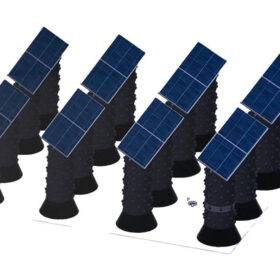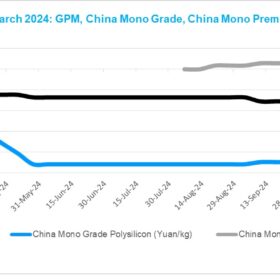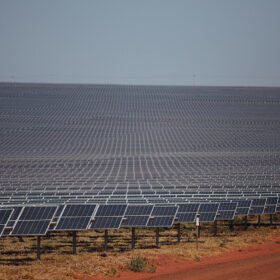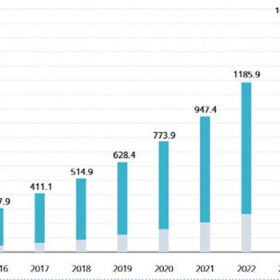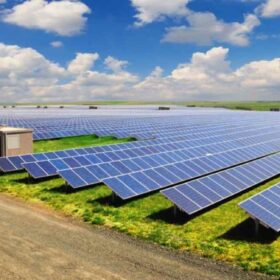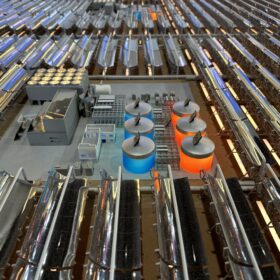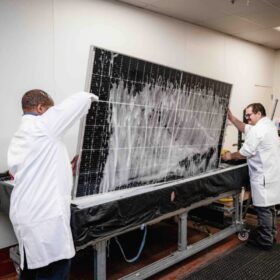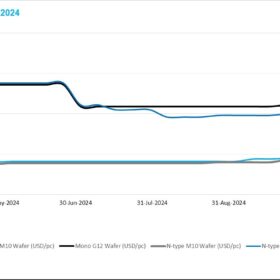Colombian researchers design agrivoltaic system with hydroponic towers
Colombian researchers have designed an agrivoltaic system integrating hydroponic growing towers. The modular array, consisting of stackable 20 cm rings, creates a structure up to 2.5 meters tall, optimized for cultivating approximately 80 plants per square meter.
Integrating green hydrogen in steel production
Transitioning the steel industry to green hydrogen will be a complex journey, but the groundwork is already being laid. India’s pilot projects, along with sustained investment in renewable energy and hydrogen infrastructure, create a strong foundation for a cleaner future.
Meyer Burger loses biggest customer, questions business viability
Swiss solar manufacturer Meyer Burger faces a significant setback as its largest U.S. customer, D.E. Shaw Renewable Investments, has terminated a long-term agreement to purchase solar panels from its Arizona facility.
Polysilicon prices decline amid rising inventories, weak demand
In a new weekly update for pv magazine, OPIS, a Dow Jones company, provides a quick look at the main price trends in the global PV industry.
Global installed PV capacity tops 2 TW
The Global Solar Council says global installed photovoltaic capacity has surpassed 2 TW. The organization says an additional 4 TW of solar capacity will likely be deployed by 2030.
2024 PV Trends: Global growth and challenges
Amid a backdrop of massive installations and evolving metrics, IEA-PVPS 2024 “Trends Report” encapsulates significant shifts in photovoltaic deployment across the globe, reflecting PV’s evolving role in energy systems and underscoring its capacity to meet global demands. The association explores the trends identified in the report, noting the milestones, regional dynamics, and the implications of increased PV penetration in energy grids worldwide.
Driving India’s green energy transition: Effective government policies and incentives
If India is to lead the global green energy revolution, the nation needs to take several key measures such as redirecting financial support from traditional energy sources to clean energy technologies, introduction of a well-structured carbon pricing mechanism, and incentivizing emerging technologies.
Concentrated solar power, a much cheaper solution than batteries for energy storage
By offering cheap energy storage, concentrating solar power has a huge potential. However, it requires international standards to become a competitive market proposition.
PVEL scorecard shows ‘relevant risks’ for TOPCon technology
The results of this year’s Kiwa PVEL scorecard have shown that TOPCon technology is more vulnerable than PERC, and the failure rate at bill of materials has increased to 41%, the highest in history, according to the testing lab.
Wafer prices drop, inventory levels rebound despite operating rate cuts
In a new weekly update for pv magazine, OPIS, a Dow Jones company, provides a quick look at the main price trends in the global PV industry.
